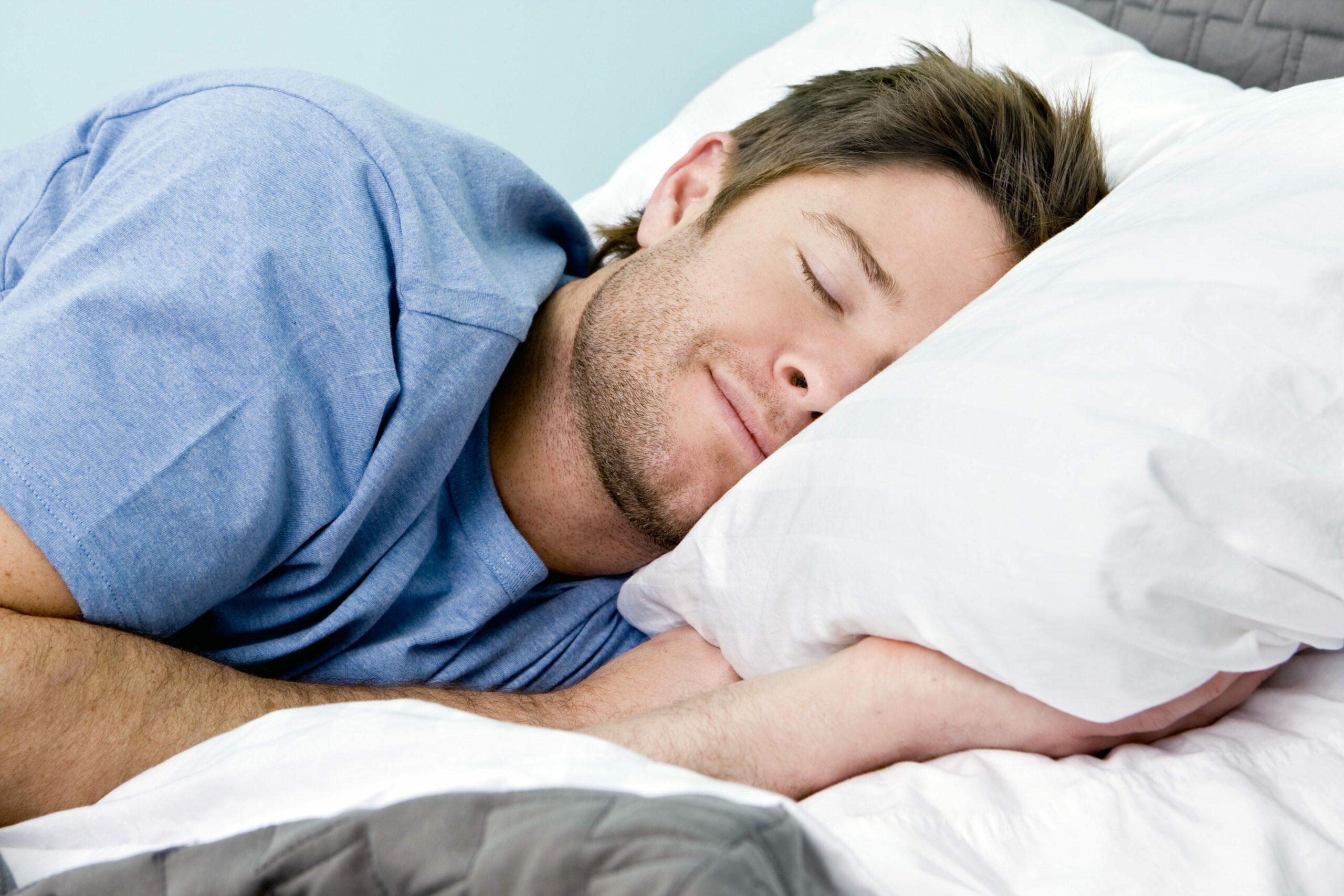1. What are the primary causes of insomnia (include situational and health factors)
Bad sleeping habits
Poor sleep habits, including staying in bed for extended periods, inconsistent sleep schedule, or excessive daytime naps can increase the risk of insomnia.
Stress
If your mind is filled with a lot of things, including health, school work, and family issues, you are likely to stay active in the mind, resulting in sleeping difficulty.
2. What is good sleep hygiene vs poor sleep hygiene?
I describe good sleep hygiene as the general effort input to acquire the best sleep every night. It includes having a pre-bed time regime and a regular sleep schedule. On the other hand, poor sleep hygiene involves bad sleeping habits that can hinder you from getting sufficient sleep at night. They include having extended daytime naps that interfere with you night time sleep.
3. What are some basic tips for easing insomnia that someone can try at home?
- Sleep and wake up at the same time, whether on weeks, holidays, or weekend to a point that you do not require an alarm to wake up.
- Limit caffeine intake to avoid stimulating the brain, especially towards bedtime.
- If you are on medication, inquire from the doctor to know whether they are safe from insomnia.
- Workout or stay active, especially earlier in the day to allow enough time for the brain to calm and prepare for sleep.
- Reduce daytime naps that can make falling asleep difficult during the night. Please avoid naps past 3pm.
4. When is it time to seek professional assistance, and what treatments might they use? (Certain medications? Behavioral interventions?)
Suppose you are experiencing consistent sleeping problems, I tell my colleagues and clients to seek a doctor’s advice. They can recommend supplements, such as melatonin that slows down brain activity to enhance sleep. Or, sleeping pills Zaleplon, Ramelteon, and Zolpiderm.
5. What should you do if you suspect you have a sleep disorder? (Talk to your primary care provider? A sleep center? What does this process look like?)
I always advise people to call their doctor first. A doctor can give an appointment, but after finding out more from you or the people around you. They may ask you to start recording your sleep pattern for some time before seeing them. Also, indicate if you are under any medications, current body symptoms, and any kind of health issue.
6. What are some of the most common misconceptions about insomnia? (What do you wish more people knew?)
Alcohol intake enhances falling sleep
While alcohol can help fall asleep, with time its sedative effect may decrease and disrupt your sleep the rest of the night. I discourage it because you will only worsen the insomnia symptoms.
It is a mind issue
Some people say that insomnia is all in a person’s mind, but they are just not informed. Insomnia is a sleep disorder. It is medically known and the good news is that it is treatable.
I wish people understood that insomnia is a serious health challenge that can be treated. Therefore, they should be keen to notice the sign and seek intervention to prevent risks associated with its chronic effects, such as heart disease.
- Eye Spy: Worldwide Eye Color Percentages - April 19, 2024
- Elevate Energy, Soothe Stress, And Peak Performance with The New UNBEETABREW Coffee Sensation - September 21, 2023
- Chef Bob’s Coffee: A Journey Fueled by Passion - July 29, 2023






